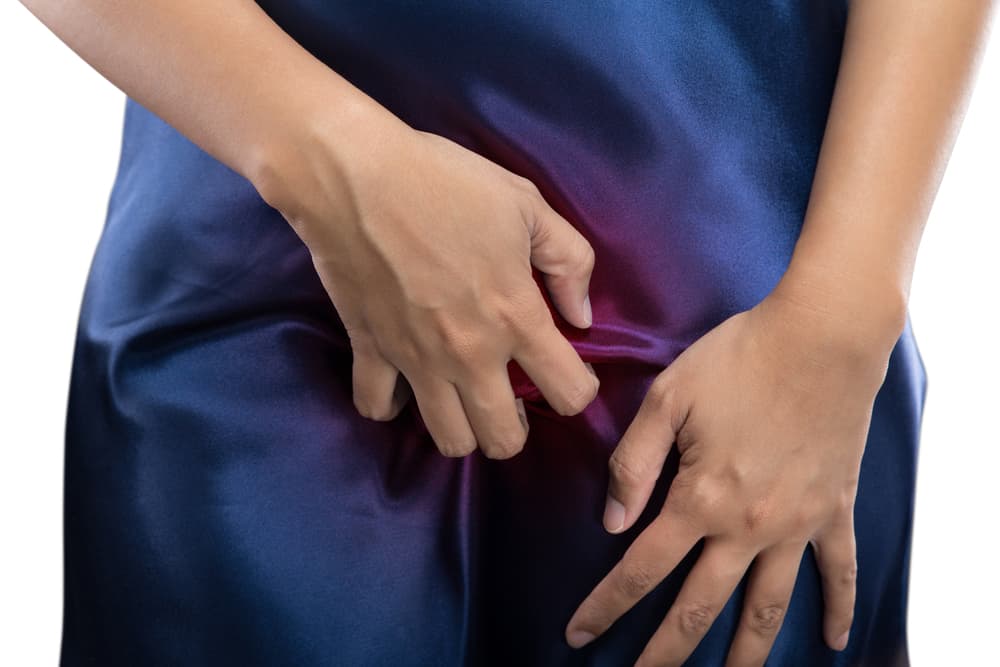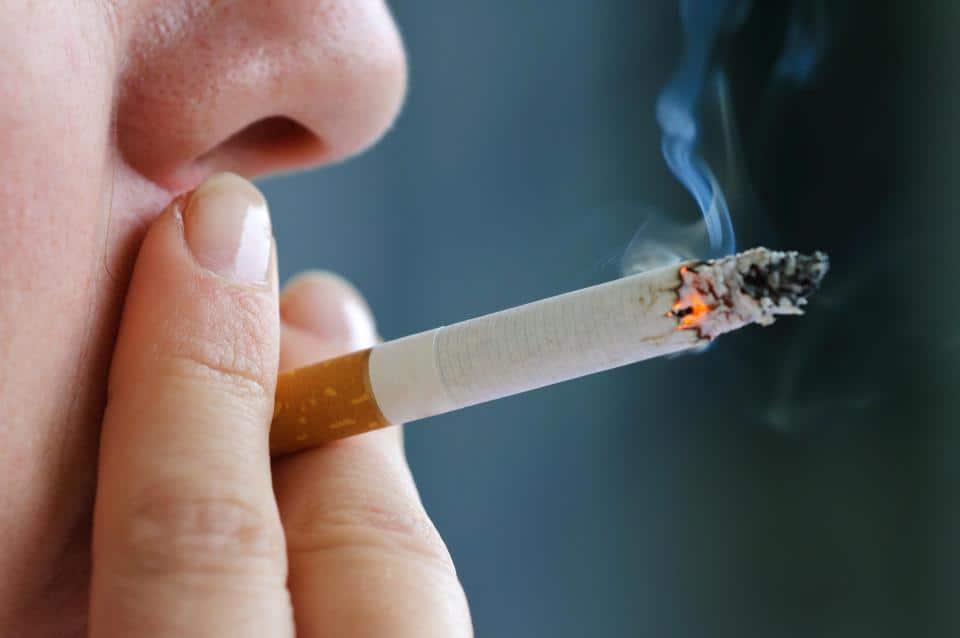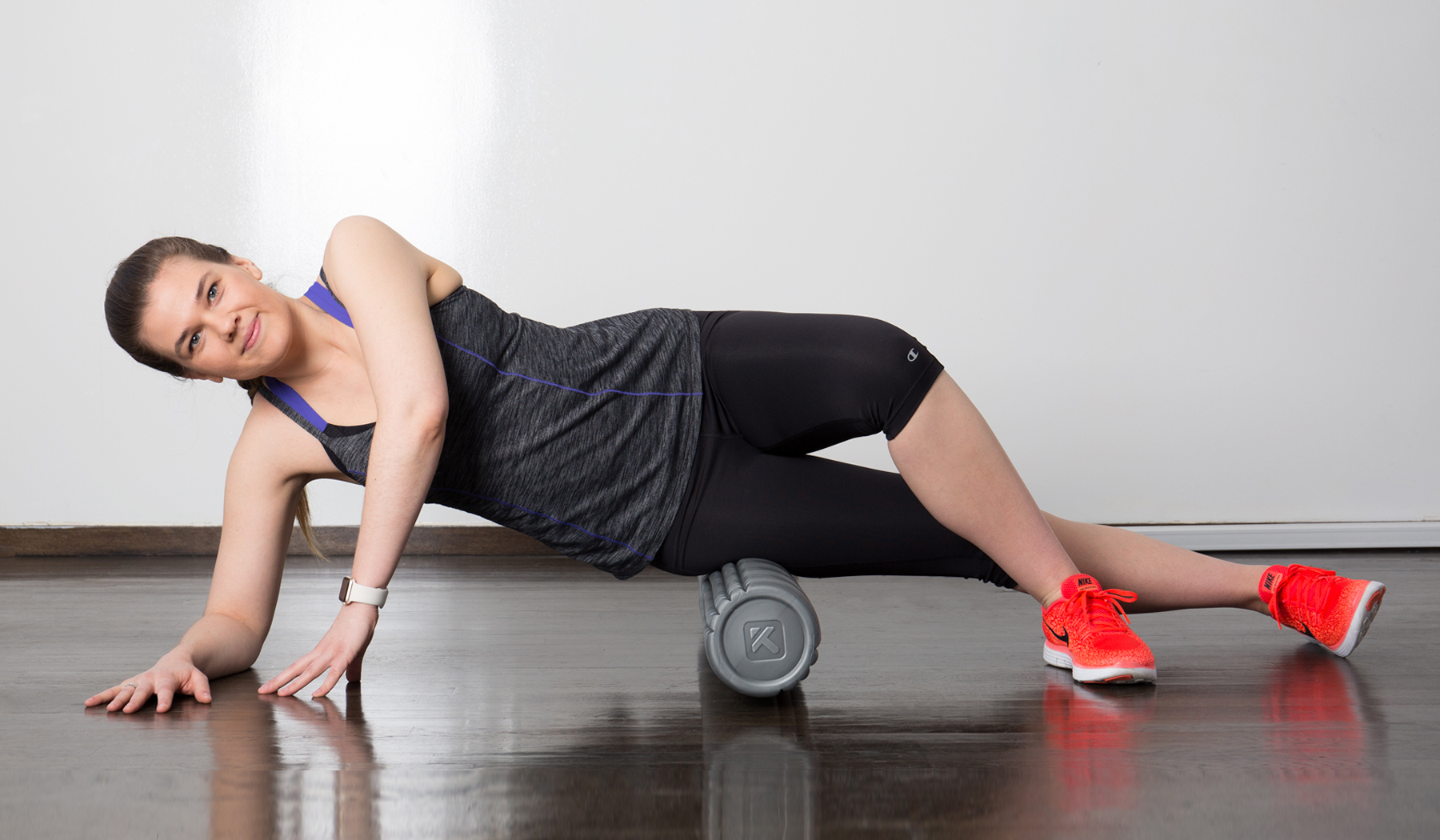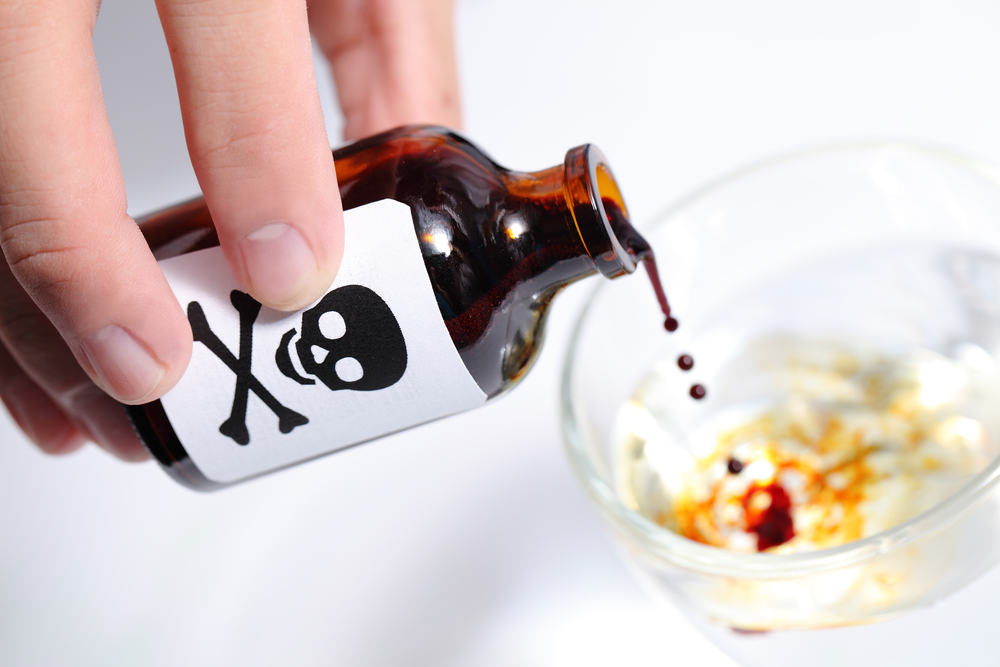Contents:
- Medical Video: Sending Children with Food Allergies to School Can be Stressful, Potentially Dangerous
- Drug
- What to do if someone experiences an anaphylactic reaction
Medical Video: Sending Children with Food Allergies to School Can be Stressful, Potentially Dangerous
For people with food allergies, their allergic reactions can range from mild to severe discomfort and even life threatening. The only way that has been proven to prevent anaphylactic reactions is to avoid your food or allergens. Unfortunately, even if you are diligent, you may not be aware of contact with one of your allergic triggers. Having an emergency plan when unexpected exposure to allergies can save your life.
Drug
Anaphylactic reaction is an emergency that requires immediate treatment. Always bring epinephrine auto injector with you. If you are diagnosed with a severe food allergy, your doctor may prescribe an auto injector, which you should take at all times. This device is a spray containing epinephrine and a hidden needle. You don't need to be a health professional to do the injection. This device is made to be easily used by the general public and people of all ages. If needed, this injection is made for the outer portion of the upper thigh muscle, designed to be used even through clothing.
According to guidelines set by the authorities, for anaphylactic treatment, injection must be given as soon as possible. Delays can be very fast causing a decrease in the person's condition, and sometimes it can even cause death within 30 to 60 minutes after the onset of symptoms.
Epinephrine starts working but sometimes repeat the required dose. Don't wait to see if the symptoms improve, immediately rush to the hospital because this is a medical emergency.
What to do if someone experiences an anaphylactic reaction
Be aware of what to do if you or someone you know suffers from an anaphylactic reaction before you can mean life and death. It is important to learn about the signs and symptoms of anaphylaxis and educate the people closest to you about these symptoms, as well as details of your allergens. Both you and the people with whom you are located should know how to manage epinephrine injections in severe allergic reactions.
The following steps are recommended to be done as soon as you see signs of anaphylaxis in yourself or others:
- Stay away from allergic foods immediately
- Give the auto injector immediately by injecting it into the thigh muscle
- Call emergency calls immediately
- If at the hospital, contact the resuscitation team
- After epinephrine is given, the patient must lie down
- Loosen tight clothes
- Make sure someone is beside them to prevent choking if they vomit or mouth bleeding.
Some important reminders if you are with someone who shows signs of anaphylaxis:
- Don't wait to see if the symptoms improve before giving an injection or asking for help. Waiting greatly increases the risk of death.
- Antihistamines cannot replace epinephrine and can significantly increase a person's risk of life-threatening reactions.
- Emergency care is needed even if symptoms improve because there is a risk of symptoms returning, even after epinephrine treatment.
Remember to tell people, friends and colleagues around you where you keep the epinephrine auto injector. Adding one on your car or table can be a good idea. You may not always be able to prevent a severe allergic reaction, but preparing well to treat a reaction like this can make a big difference.












